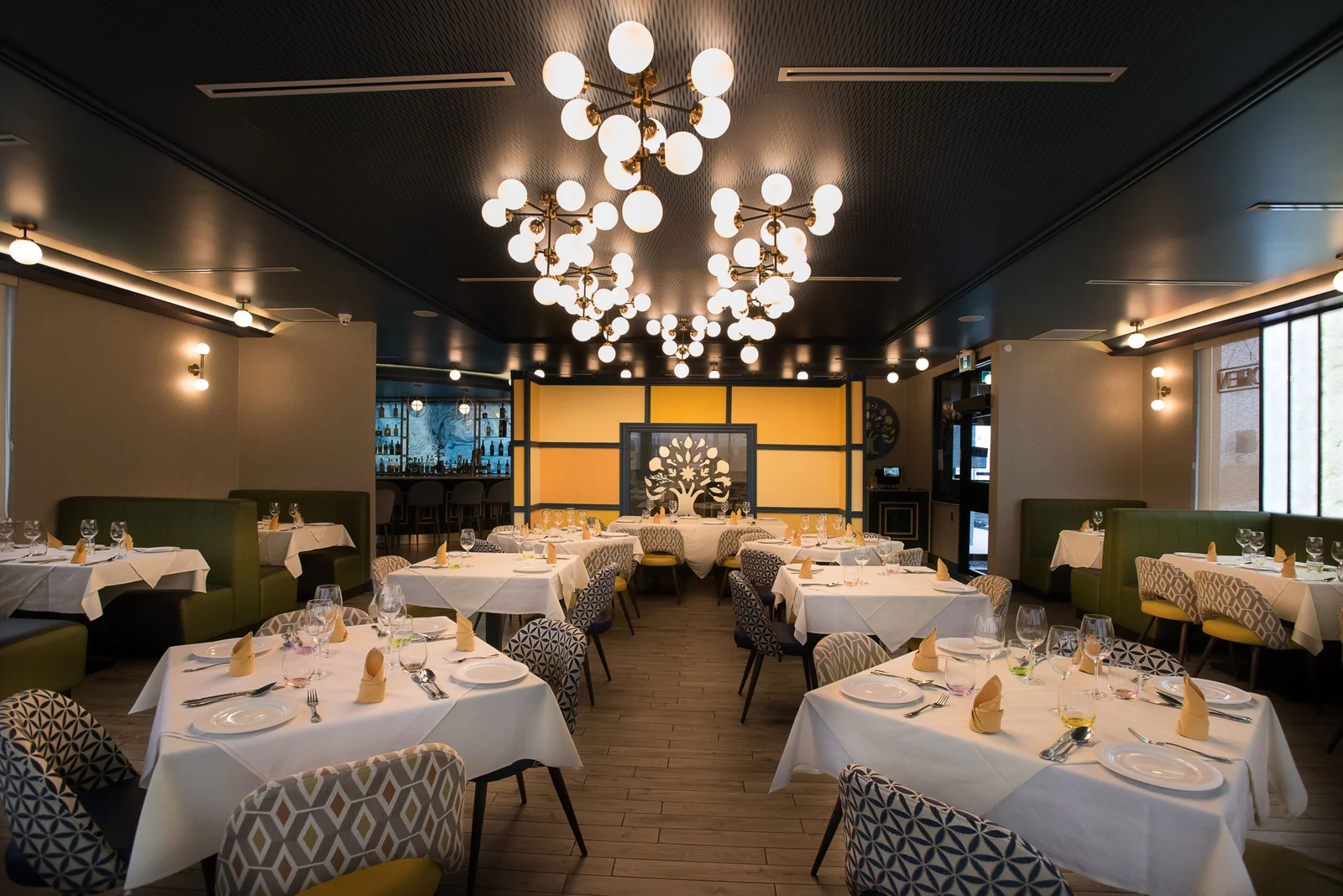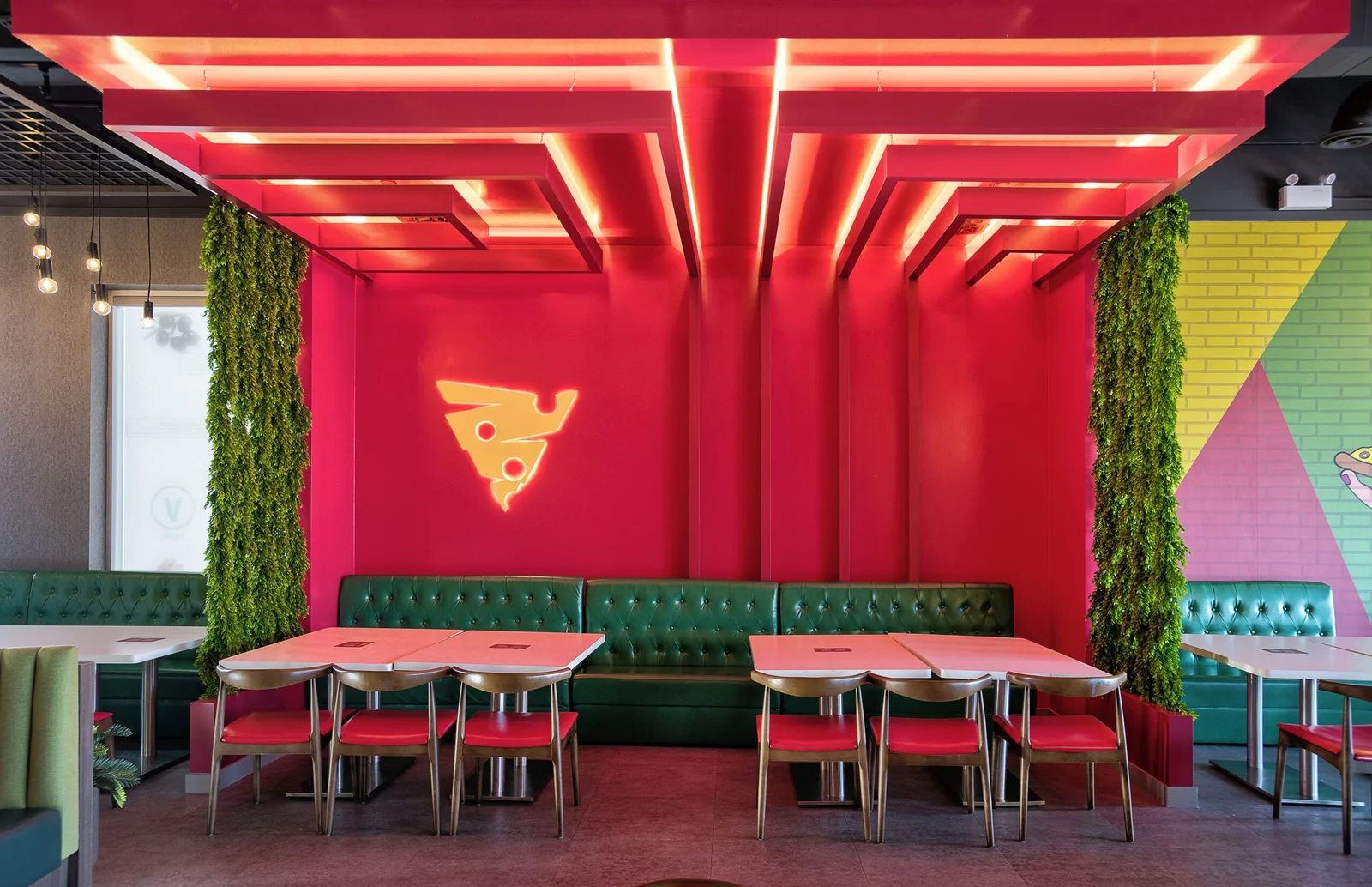
Many of us have dreamt of starting our own restaurant while sitting in someone else’s successful restaurant. “Can I open a restaurant without any experience?”, we have wondered.
Starting a new restaurant may seem daunting, There are a number of factors to consider while entering the restaurant business. Especially when you are doing it for the first time. Not just food, but also the ambience, the service or even the décor play a major role is making a restaurant successful.
But just because you are a newbie to the restaurant business, doesn’t mean you can’t have your own dream restaurant. If you’re passionate enough and plan it well, it is very much possible.
Here are 10 steps to starting a restaurant even when you have no experience –
- The concept and theme –
The first thing to finalize before starting a restaurant is its concept and theme.
Some concepts for a restaurant are
- Quick Service restaurant,
- fine dine,
- patisserie,
- café, bar,
- food cart or
Once the concept is finalized, we can move on to a theme for your restaurant. It can be funky for youngsters or chic and modern or classy dine in, etc. The theme essentially talks about the ambience and atmosphere we wish to create. Our projects Fitoor & Incredible India are perfect examples of projects which are created around a theme and ambience.
2. Costs –
Starting a restaurant is a costly affair. It’s therefore important to understand the costs involved.
Major expenditures to consider for a restaurant are
- buying/renting/leasing a space,
- licenses,
- Cost of kitchen equipment,
- salary of chefs and other staff,
- Raw materials for cooking,
- interior and décor, and
- marketing costs.
Now, these will vary according to area, space, concept & theme. You should involve experts in the restaurant design business right from the start.
Expert tip while understanding the cost involved in opening your restaurant:
Enquiring with other similar restaurant owners, to understand these costs is very important before you go any further. This way, you can alter your ideas in the initial stages without investing much.
3. Investment –
Once you get an understanding of how much money is required to start the restaurant, it’s time to gather investment. If you have sufficient savings, great! But if not, there are always other ways to find investment for your restaurant.
Some options to consider are
- Form partnership,
- Seek investors, or
- a loan from banks & financial institutions.
Partnerships would help you if you could partner with someone who has experience handling restaurants or is currently owns a restaurant. They can help in setting up and managing the place.
Expert tip while seeking investment for your restaurant business:
Some investors provide guidance and support but your proposal and idea have to be convincing enough.
4. Location-
Once the investment is taken care of you need a location that fits your concept, theme, target audience and most importantly budget. Before picking a place understand the area very well. Some questions to answer beforehand are
- What kind of people visit there?
- What are the other restaurants there?
- What are the cuisines offered?
This way you know what type of people will visit that restaurant and their expectations as well. You don’t want to open a fine dining restaurant in a street where there are many food carts/trucks, as the people coming there are looking for a quick bite at low prices.
Expert tip while choosing a location for your restaurant:
You may also look at upcoming popular places around the city which have the potential for high footfall.
5. Workforce –
A restaurant cannot function alone. You need to interview and select the restaurant staff. The positions you need to finalise before opening the restaurant are
- chefs, including your head chef
- waiters,
- manager,
- cashier,
- support staff,
- cleaning staff
You can hire from newspaper advertisements, agencies or posters.
A restaurant is a service organisation. As such, hiring the right people is imperative. The service matters as much as the quality and taste of the food.
Expert tip while choosing the staff for your restaurant:
The head chef will play a very important role in designing the menu and training the staff on serving it. Hence, the head chef position must be filled very cautiously.
6. Licenses –
A restaurant business requires many licenses from the government. From food, alcohol, and music to employer-employee, business registration and parking, permissions will be required for each and everything. These licences may vary from country to country.
There may also be license fees for acquiring said licenses.
Expert tip:
Get in touch with a corporate lawyer with previous experience in starting a restaurant. They can guide you in the process and get you all the licenses you need.
7. Menu –
Now, for the fun part!
The menu is the core of the restaurant. This is why a customer visits the place. The menu should suit the concept and theme of the restaurant.
Sit with your chef and design the menu. It should include some typical items that are available in all restaurants. And then your specialities. These have to be unique, delicious and something that attracts customers every single time.
Expert tip for designing the restaurant menu:
You may experiment here with flavours and fusion of cuisines to create something new.
8. Suppliers –
Restaurants need a lot of fresh raw materials every day. Hence, it is a good idea to decide on a vendor who will bring fresh veggies and fruits to you every day.
While finalising the vendor for your new restaurant
- Search and test the quality of products of at least 3 to 4 vendors and also compare prices. Choose the one most suitable.
- Make sure they deliver every morning before opening.
- Ensure that some restaurant staff checks the vegetables for freshness and also keep a check on the inventory.
- Make sure you have some extra inventory in case of an emergency.
Expert tip:
You may also have a standby vendor who can deliver in case your regular vendor fails. This is where the 3-to 4 vendors you reviewed earlier will come in handy.
9. Interior and kitchen –
Interiors include decorating the space and creating the desired ambience. The ambience and décor should match the theme and concept of the restaurant. The target audience should also be kept in mind while planning the interiors of the restaurant.
Most importantly the ambience should feel comfortable and welcoming.
The second most important part is kitchen equipment. Get your chef’s expertise here. Understand his needs and the layout that will work best. The kitchen space must be planned properly to ensure maximum efficiency in preparing the food.
Expert tip while planning the restaurant kitchen:
Kitchen equipment is pretty costly so the layout has to be planned to ensure nothing is damaged.
10.Advertise –
For a restaurant to be successful the most important are the customers. So, advertising is very important to attract customers, especially in the first few weeks.
Some media you can use to advertise are
- You can have inaugural offers or discount vouchers,
- Social media campaigns
- Talk about it on local radio,
- Advertise in local newspapers,
- Tie up with delivery apps, or
- put up flyers in the area.
Analyse which media would attract your target audience and focus more efforts there. You may also take the help of a marketing agency to promote the restaurant. Good promotion practices will help get a good footfall in the beginning and with good food and service, you can build your goodwill quickly. Restaurants usually don’t need a lot of promotions later once the goodwill is established.
If you don’t have experience in the restaurant business, it’s always wise to have an expert to guide you on various matters. At Design TWG, we can assist you in setting up your restaurant brand and interior design as per your requirements.
There is a lot that goes into building a restaurant. Someone who has done it before can help you with the small things you might not understand initially. It’s ok to not have experience of owning a restaurant or managing it. You just need people around you who can share their experiences with you.
You now know the steps to follow while opening your own restaurant even when you have no prior experience. Plan accordingly.
Then take a leap of faith and build it from the ground up. Make your dream restaurant a reality!



